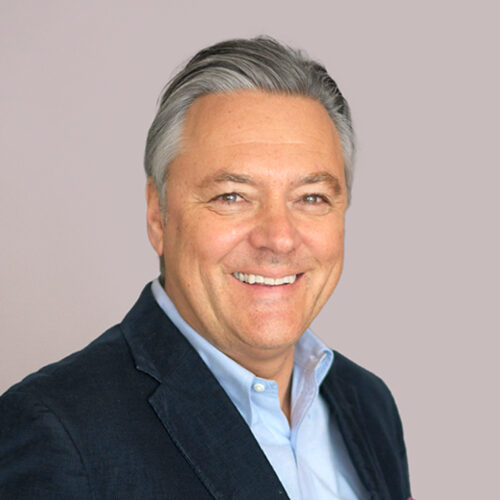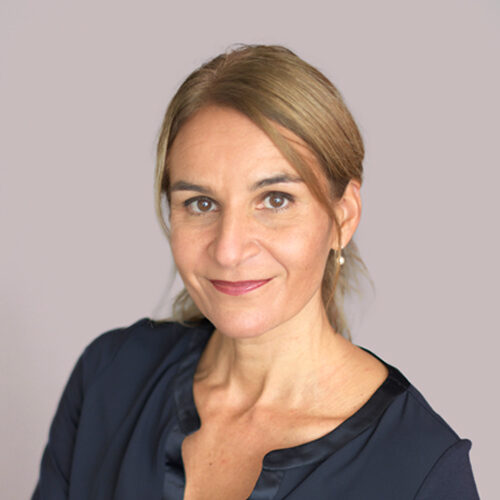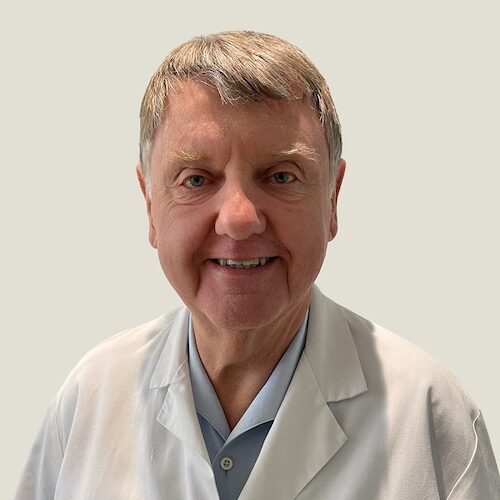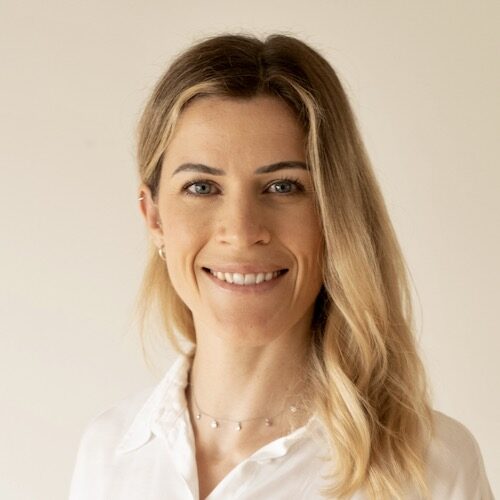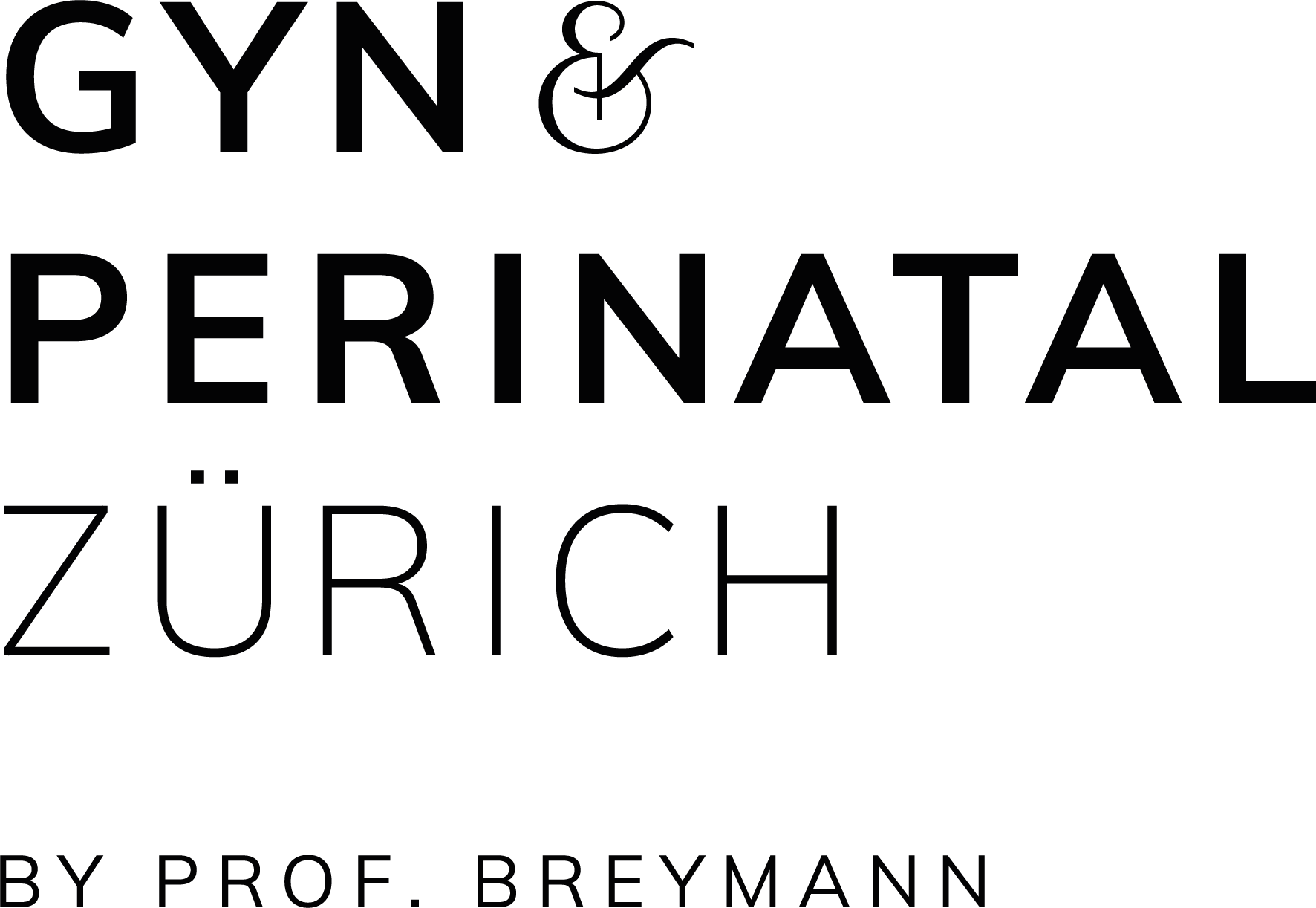Iron deficiency due to menstruation
Dr. med. Lydia Unger-Hunt conducts the interview with Prof. Dr. med. Christian Breymann, gynaecologist from Zurich, and general practitioner Dr. med. Urs Hürlimann, general practitioner from Hünenberg. The discussion focuses on the roles of gynecologists and general practitioners in the diagnosis and treatment of iron deficiency caused by hypermenorrhea - with or without accompanying anemia.
Women with hypermenorrhea (HMB) are often treated by either general practitioners, gynecologists or even both. In your opinion, what role should specialists have in the treatment of patients who complain of fatigue, for example?
Prof. Christian Breymann: I dare to doubt the "frequently", as women were underdiagnosed and undertreated by both specialist groups, according to a survey of 4,000 women that we published. Women are rarely treated by either group. GPs can certainly detect an iron deficiency and then refer them to specialists for further care; I see our role quite clearly as that of those carrying out the diagnosis, monitoring the sustainability of the therapy or treating the cause of HMB, which incidentally is now more commonly referred to as HUB - "heavy uterine bleeding".
An important problem is the non-specificity of some symptoms of HMB/HUB: fatigue, tiredness, hair loss or feeling cold. If these symptoms are mentioned plus the presence of heavy bleeding, haemoglobin and ferritin levels should be determined to detect HUB. The symptoms can also be present in the case of thyroid problems, depression or other vitamin deficiencies.
<< Frauen mit HMB sind oft unterdiagnostiziert und unterbehandelt.>>
Prof. Christian Breymann, Zurich
Dr. Urs Hürlimann: As a rule, women often raise the issue with their gynaecologist, or they ask about it themselves. Occasionally, the patient is also sent to us in primary care for a check-up - if necessary, we also take care of the infusions. In a woman who complains of fatigue, I would also examine the CRP to validate the ferritin value in addition to the salivary iron and blood count; in my opinion, the thyroid gland should also be examined here; vitamin B12 and the holo-transcobalamin value could also be examined depending on the nutritional status and a (family) history could be taken with regard to possible digestive problems, diabetes or kidney disease. Treatment: In Switzerland, we are subject to a certain restriction. Before administering the infusion, oral iron administration must first be unsuccessful or intolerable.
Gynecologists usually treat the cause of HMB, family doctors treat the symptoms, and they are usually responsible for iron therapy. Does each specialty have its own specific role?
Prof. Christian Breymann: No, this division is not often the case. There is no overlap and no division of responsibilities in that sense. I clearly see the specific role for gynecologists, as already mentioned, especially for the treatment of the cause of HUB; general practitioners can of course take over iron treatment, but many are rather reluctant to give infusions.
Dr. Urs Hürlimann: As far as I know, gynaecologists are responsible for some of the iron infusions, but the gynaecology department is certainly responsible for treating the cause of HMB.
What are the ferritin and hemoglobin threshold values for determining iron deficiency and/or iron deficiency anemia?
Prof. Christian Breymann: Normalerweise sprechen wir bei einem Hämoglobinwert <12 g/dl von einer Anämie beziehungsweise bei einem Ferritinwert von <30 µg/l von einem Eisenmangel – zwischen 20 und 30 µg/l liegt je nach Labor ein Graubereich. Aber eine gewisse Korrelation ist vorhanden: Bei einem Ferritinwert <30 µg/l haben 80% der Frauen leere Eisenspeicher.
<< Ein Hämoglobinwert unter 12 g/dl bei einer Frau erfordert eine Eisensubstitution.>>
Dr. med. Urs Hürlimann, Hünenberg
Dr. Urs Hürlimann: Dazu gibt es derzeit keine einheitliche Guideline, aber allgemeine Empfehlungen: Bei Ferritin <50 µg/lund gleichzeitiger Symptomatik – Müdigkeit, rasche Erschöpfung, vielleicht Haarausfall – erfolgt die Substitution. Ohne Symptome ist das Vorgehen individueller, manche geben eine Substitution ab 30 µg/l, manche ab 20 µg/l, ich ab 30 µg/l. Ein Hämoglobinwert unter 12 g/dl bei einer Frau erfordert meiner Meinung nach immer eine Eisensubstitution.
Iron deficiency/anemia (ID/A) is a very common consequence of HMB, what do you recommend as therapy and follow-up?
Prof. Christian Breymann: The therapy depends on the severity of the iron deficiency and the symptoms. In the case of a severe deficiency with corresponding symptoms, for example, intravenous iron therapy is more likely to be attempted than in the case of only mild or moderate iron deficiency. If there is no anemia, an attempt can be made to use primarily oral iron preparations, but the success of the therapy must be monitored at certain intervals. Oral iron naturally has limiting factors, including frequent intolerance in the gastrointestinal tract with subsequent reduced compliance. And even when taken regularly, the absorption of most preparations is only around 5-10%; iron tablets are therefore hardly able to keep up with the loss. Oral iron certainly has its place in mild deficiency, especially without anemia, with appropriate information on how to take it, but it is often inadequate in severe situations. If oral iron has no effect within a certain time frame, IV iron should be considered - especially if anemia is present. However, the change must be made in good time if the therapy is not successful.
Dr. Urs Hürlimann: Oral iron therapy is already accepted, especially by patients with injection phobia, but it's not uncommon for the effect to simply not be very great even after a few months. I clearly favor infusion therapy, it's easier and faster.
What would be the ideal procedure in Switzerland to introduce an official guideline for the treatment of ID/A - in addition to all other options for the treatment of bleeding?
Prof. Christian Breymann: A guideline or an expert letter on this topic would certainly be useful, especially from the Swiss Society of Gynaecology and Obstetrics (SGGG). The cut-off values and the guidelines for follow-up and treatment are currently quite mixed. As a first step, a panel of experts could be convened, perhaps by asking the SGGG whether there would be interest in such a group. There are certainly various starting points.
Dr. Urs Hürlimann: The introduction of such a guideline would certainly be exciting. My suggestion would be to set up a working group from the various specialist areas, which would then comb through the data and develop a guideline based on the results.
In your opinion, what is the challenge in diagnosing the symptoms of HMB? Do you think it would be important to talk more openly about HMB and to educate young people about it, e.g. at school?
Prof. Christian Breymann: From my point of view, women wait a long time before they go to the doctor with symptoms or problems. They often think it is normal to lose an excessive amount of blood during menstruation, or that they are always tired or have circulatory problems. That's why it's so important to actively ask about these symptoms, for example to find out how heavy the menstruation is - as a doctor you should know what it actually is; and then of course to listen. How long does the bleeding last, how many pads/tampons do you use, do you lose clots in the first few days, have you already had bloody pants at work? These are really practical questions. And of course you should address the topic openly.
I think the idea of talking to teenagers about it at school is exaggerated or premature; besides, I don't know who should do that - how should a teacher or student classify the bleeding? Education is the role of family doctors or gynecologists.
Dr. Urs Hürlimann: There is certainly room for improvement here. Of course, raising awareness of this problem at a young age is difficult. As far as I know, it is not systematically discussed at school, and this could certainly be improved. Young girls in the second year of secondary school - i.e. at the age of 12 to 13 - still come to the practice for their school medical check-up, and menstruation is also addressed in this context. Otherwise, menstruation may still be discussed as part of sex education, although this probably depends very much on the teacher in question and there are bound to be certain inhibitions.
Most gynecologists assume that the treatment of HMB causes automatically leads to sufficient ID/A correction. What is your opinion on this and what should be done to change this mindset?
Prof. Christian Breymann: You certainly can't assume an automatic or lasting correction! Of course, treatment often leads to an improvement, but not always, and iron deficiency is not always corrected in the long term. Doctors should be aware of this. When treating women with fibroids or uterine polyps or mucosal growths, for example, heavy bleeding will occur again later, regardless of the iron supplement administered, and then the effect will be gone again. A correction can therefore also be temporary. A permanent correction can only be assumed with permanent monitoring.
Source: Iron deficiency due to menstruation (Dr. med. Lydia Unger-Hunt)
